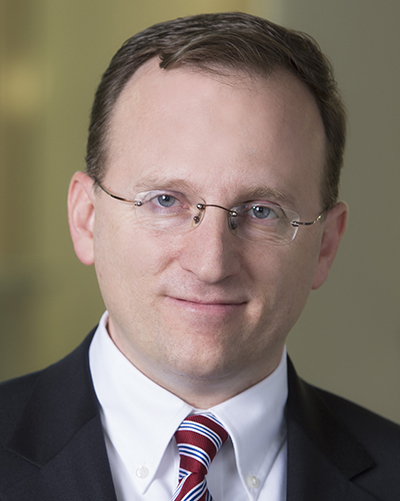People who regularly attend a house of worship are more likely to be happy and civically engaged than those who do not, according to a new Pew Research Center analysis of 35 countries. Whether actively religious people also are healthier is less clear.
Conrad Hackett, associate director for research and senior demographer, discusses the reasons for undertaking the study, why the subject is an important one and some of the challenges associated with trying to determine if and how religion impacts people’s well-being.
How did this study come about?

It began with a challenging question from a journal editor at Science. My colleagues and I had submitted an article to the magazine that projected the future size of religiously unaffiliated populations. The editor came back to us and asked why he or anyone should care if people identify with a religion. And I realized then that there actually isn’t much research about how people with and without a religion vary on important outcomes like health, happiness, voting and volunteering. Sure, there’s research specifically linking frequent worship attendance with some socially desirable outcomes. But in the United States and other similar nations, most people don’t regularly attend religious services. And these non-attenders include many Christians and Jews, as well as people who don’t identify with a religion. I realized answering the Science editor’s question about the consequences of religious identity would require a study comparing the actively religious, the inactively religious and “nones” on various measures of well-being across a mix of countries. So that’s what we set out to do.
What else is new about this study?
Many studies have explored links between religion, happiness, health and civic participation, but this study is much more comprehensive in two important ways. First, it isn’t confined to one country or slice of a country’s population. We analyzed broad patterns in the general adult populations of 35 countries. Second, as I mentioned, we looked not only at how the “actively religious” are distinct – that is, those people who identify with religion and attend worship services at least monthly – we also looked at how the inactively religious and the unaffiliated compared to one another.
What did you learn about the relationship between religion and health in the United States?
Consistent with prior studies, we find that actively religious people in the U.S. are more likely to say they are very happy, that they vote in national elections and that they’re more engaged in community life in the sense that they belong to at least one nonreligious organization. But the health findings are more complicated. It turns out, the actively religious are less likely to drink alcohol regularly or to smoke. However, they aren’t significantly different from the “nones” in their frequency of exercise or whether they’re overweight.
We also looked closely at self-rated health, which health researchers have found to be a generally reliable measure of overall physical well-being. We see a significant positive relationship between being actively religious and having a top health rating in 11 of 30 datasets we analyzed. So it turns out that, in the U.S., religion is linked to some positive health outcomes, but not as consistently as religion’s tie to happiness.
What were some of the limitations researchers faced when studying the relationship between religion and well-being?
Probably the biggest challenge is that while data collected at one point in time are useful for finding associations between say, religion and happiness, they aren’t adequate for telling us why this association exists. To prove a causal relationship, we would ideally have data collected at many points in time that would allow us to measure various possible causes of an outcome. Such data would allow us to test, for example, whether people who increase their participation in a congregation become happier over time, or vice versa. And, in this case, we’d want that data across many countries. Unfortunately, we didn’t have such data, so we compensated for this shortcoming by discussing plausible explanations for our findings as well as other factors that could also help explain the results. For example, prior research suggests the social relationships that exist in religious congregations may account for some of the religiously active population’s advantages because these relationships function as support networks that provide assistance in coping with the challenges of life, such as finding a new job or raising children. But other things may be at work as well. For instance, people who generally have a positive outlook and good health may be drawn to joining congregations, while those with chronic physical ailments may stay away. In other words, part of the explanation connecting religion and at least some health benefits could be that healthier people are more actively religious because their good health allows them to be more active in general.



